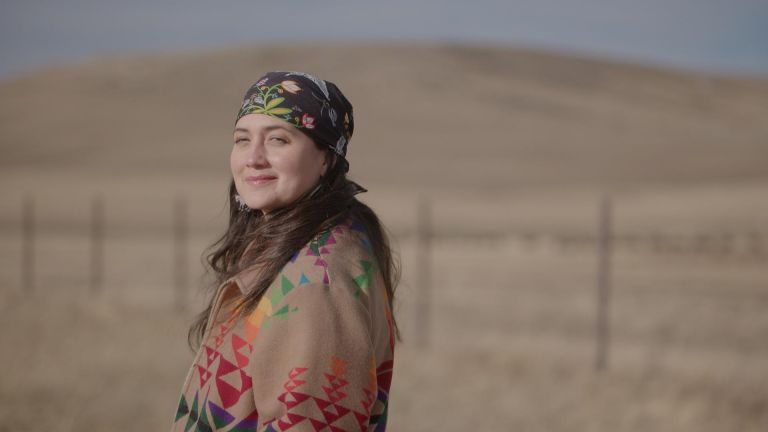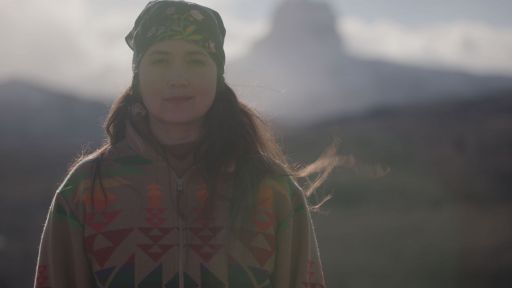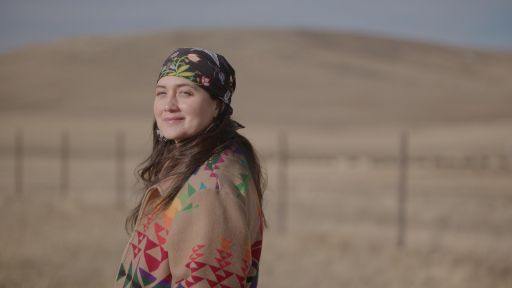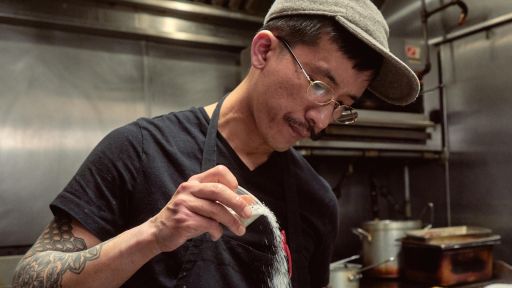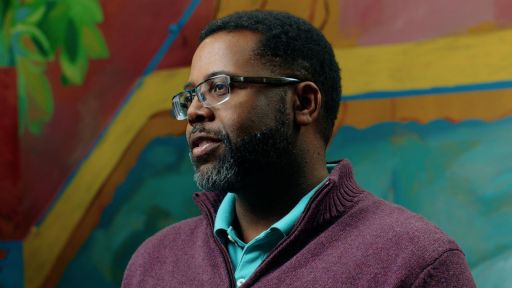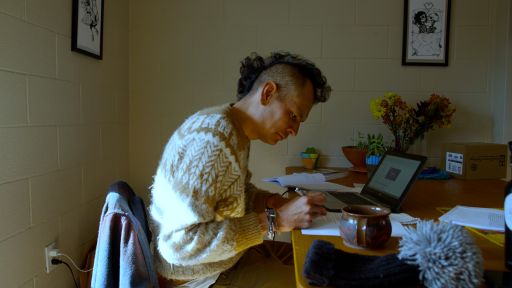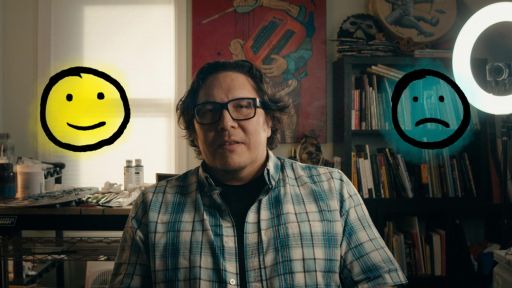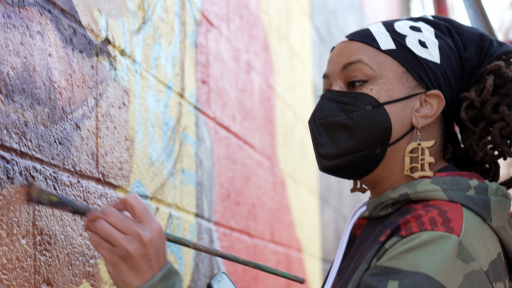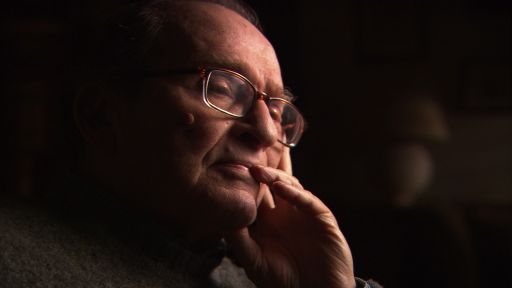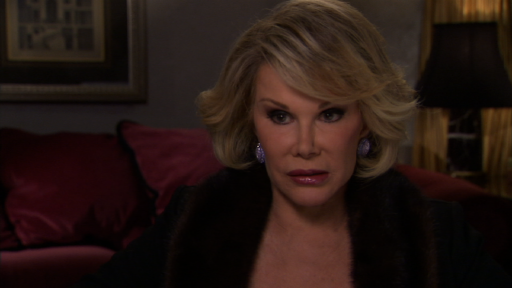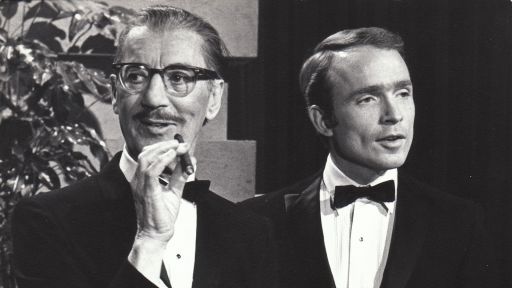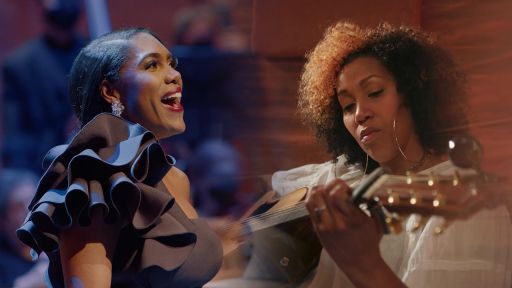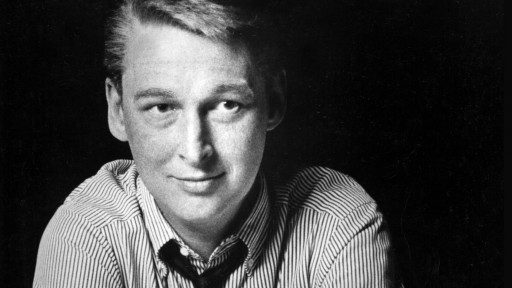TRANSCRIPT
(gentle music) - You know, when you're watching it as the audience, you're seeing the frame, you're seeing what's happening in it.
Where I'm sitting, I'm seeing Brooke, I'm seeing the camera, I'm hearing the clock ticking.
There's a bunch of stuff in my view that I have to just space out.
- My name is Brooke Pepion Swaney.
I am the director and producer of "Lily Gladstone: Far Out There."
(gentle music continues) - [Lily] And now we're on my res!
- Lily and I are both community members of the Blackfeet Nation and we both have left the reservation and moved into a town.
- [Lily] Oh, I'm home!
- So we both have that experience of being from somewhere and having to go out there as a Niitsitapi person and what it means to really be rooted in knowing where you come from.
- It brings you home.
I feel like a lot of what I strive for in my work is about having a strong sense of self as an individual is a good starting point.
But it is the starting point.
It's not the end point.
- She is thinking more about her craft, honestly, that this is a career that she's chosen.
And as an actor, you know, playing characters, part of your success as an actor can also be tied to this whole other aspect of your career.
And, you know, with the talk shows and with the red carpets and with all of those other things that come along with her doing the work, I really feel like that is more secondary.
(gentle guitar music) - I was expressing a little bit of anxiety about this rising star that somehow I'm stuck to, that I'm latched to.
Like, it's got its own trajectory and I'm kind of along for the ride.
There's a sense of losing some autonomy in that.
There's a sense of getting lost in it.
You know that the audience has a perception of you and your work that is theirs.
It's not yours.
It's really none of your business how the audience takes your work.
- I really focused on a master in the making.
It's been really incredible to see her rise, you know, not just in her career, but in her craft, in the way that she uplifts Indigenous stories.
A big thing for Native filmmakers is that, you know, we need to be let in to those decision-making rooms more.
We have other amazing filmmakers like Sierra Ornelas and the whole team with "Reservation Dogs," and I think that Lily is part of, you know, getting the foot in the door.
- Rarely do I find a Native character that's allowed to just be on the screen as a human being with wants, with fears, with nuance, with complexity.
Indian youth, more than anybody, need to feel that sense of: "I have something to say.
My voice matters."
- We're all hugely proud of her.
It's been a really long time coming that we are being more recognized as peers, as creative partners, and it's huge.
You know, this is really huge that Lily is where she's at.
People are excited about her and they're excited to see what she does next.
(no audio) (gentle music) (gentle music continues)

